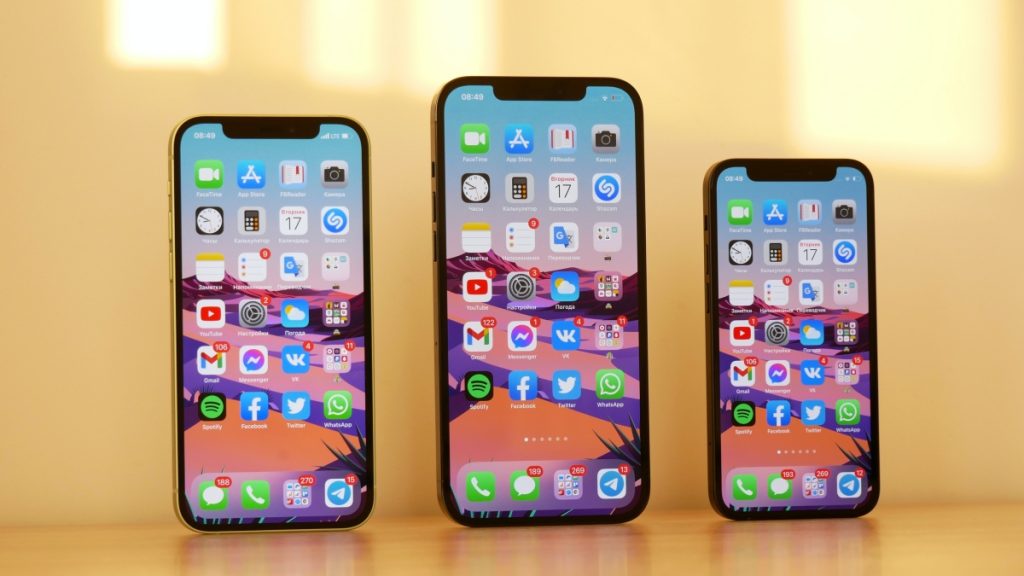In today’s fast-paced world, mobile apps have fundamentally transformed the way we interact, work, and entertain ourselves. From managing finances to tracking fitness, there is an app for almost everything. As technology continues to evolve, our dependence on mobile applications is only growing, offering us conveniences that were unthinkable a decade ago. In this article, we will explore the widespread impact of mobile apps on different aspects of daily life, how they contribute to productivity, and their role in entertainment.
The Rise of Productivity Apps
One of the significant benefits of mobile applications is their ability to enhance productivity. Gone are the days when we relied solely on paper planners or desktop software to organize our schedules. Apps like Google Calendar, Trello, and Microsoft Teams have revolutionized how we plan, collaborate, and execute tasks. With these apps, users can set reminders, assign tasks to team members, and manage projects—all from the convenience of their phones. They provide a level of flexibility that allows for a more organized and efficient approach to daily activities, especially for remote workers.
Another category worth mentioning is finance management apps. Apps such as Mint and PocketGuard help individuals monitor their spending, create budgets, and save money. This ease of tracking finances provides users with a clear picture of where their money is going, thereby encouraging better financial habits. It is no wonder that productivity and finance apps are among the most downloaded categories, as they directly contribute to an improved quality of life.
Entertainment and Gaming Apps: A New Era of Leisure
Entertainment apps are also integral to our lives, providing users with a variety of options for leisure and relaxation. Streaming platforms such as Netflix, Disney+, and Spotify have taken over traditional media, offering instant access to movies, TV shows, and music on demand. Whether you are at home or on the go, these apps make entertainment accessible at your fingertips. Furthermore, social media apps like Instagram, TikTok, and Twitter have transformed how we communicate and share content, making us more connected than ever.
Exploring Casino Apps for Leisure
In addition to streaming services and social media, gaming apps have also seen remarkable growth. Specifically, the online casino industry has adapted to the mobile-first trend, creating highly engaging and accessible platforms. The best casino apps US provide users with a safe and entertaining way to enjoy games like slots, poker, and roulette from anywhere. These apps combine convenience with the thrill of real casinos, offering welcome bonuses, loyalty rewards, and even live dealer experiences for a more authentic touch. The popularity of these apps continues to grow, making them a favorite pastime for many individuals seeking both excitement and a chance to win real money.
Health and Fitness: Motivation on the Go
Mobile applications have made it easier than ever to maintain a healthy lifestyle. Fitness apps like MyFitnessPal and Nike Training Club provide users with a personalized approach to staying active, offering workout routines, tracking progress, and even diet suggestions. These apps help users set and achieve health goals by providing real-time feedback and reminders to stay on track. Similarly, meditation and mental wellness apps such as Calm and Headspace encourage users to focus on their mental health, providing guided meditations and mindfulness exercises that help reduce stress.
During the pandemic, many fitness enthusiasts turned to mobile apps when gyms and other facilities were closed. This shift demonstrated that health and wellness could be managed effectively from home, given the right tools and motivation. As a result, fitness apps have established themselves as an essential part of many people’s routines, helping users stay fit, healthy, and mentally balanced.
Learning and Development: Knowledge at Your Fingertips
Another area where mobile apps have made a significant impact is education. Apps like Duolingo, Coursera, and Khan Academy provide users with a wide array of learning opportunities, from mastering a new language to taking university-level courses. These educational apps have democratized learning, making it accessible to anyone with an internet connection. The flexibility they offer—learning at your own pace, anytime, and anywhere—has been a game-changer, particularly for those looking to enhance their skills without the constraints of formal education settings.
The rise of mobile learning has also been supported by increased content quality and the integration of interactive elements. Gamification, for example, has turned learning into an engaging activity, keeping users motivated and encouraging consistent practice. This approach has shown tremendous success, particularly in language learning, where regular interaction with the material is key to success.
Conclusion
The versatility and convenience of mobile apps have made them indispensable in our daily lives. From increasing productivity and managing finances to providing entertainment and fostering health and learning, there is no aspect of modern life that has not been touched by mobile technology. As we continue to rely on these apps, their role in shaping our lifestyle becomes more evident, making our routines more manageable, informed, and enjoyable.
With technological advances showing no signs of slowing down, it’s exciting to imagine how mobile apps will continue to evolve and integrate into our lives, bringing even greater convenience and possibilities. Whether for work, play, or self-improvement, mobile applications are here to stay—constantly improving how we navigate the world.

